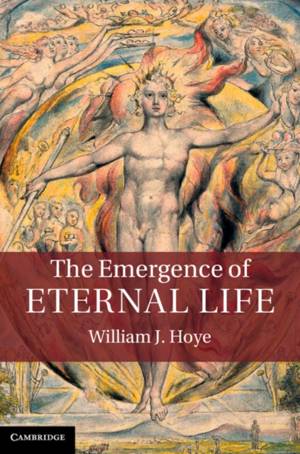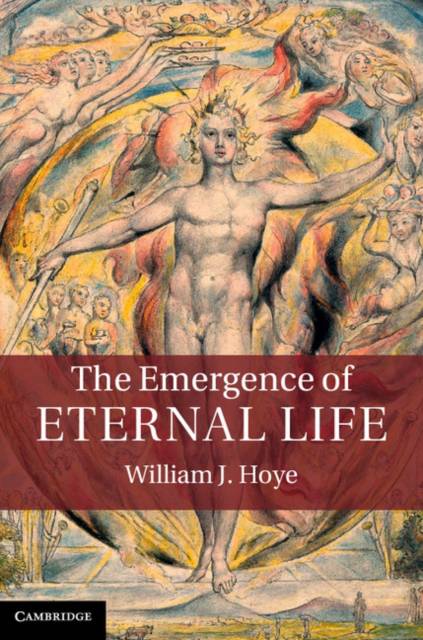
- Afhalen na 1 uur in een winkel met voorraad
- Gratis thuislevering in België vanaf € 30
- Ruim aanbod met 7 miljoen producten
- Afhalen na 1 uur in een winkel met voorraad
- Gratis thuislevering in België vanaf € 30
- Ruim aanbod met 7 miljoen producten
Zoeken
Omschrijving
The question of whether life exists beyond death remains one of the most pertinent of our existence, and theologians continue to address what relevance the answer has for our life in the present. In this book, William J. Hoye uses the phenomenon of emergence - the way higher forms of existence arise from a collection of simpler interactions - as a framework for understanding and defending the concept of eternal life, showing how it 'emerges' from our present life, our human longing for fulfilment and happiness, and our striving for knowledge of reality. Hoye uses the work of Karl Rahner and Thomas Aquinas to explore questions concerning suffering, the ultimate relevance of morality, and how the fundamental idea of responsibility changes when viewed eschatologically. Contemporary reasons for denying an afterlife are examined critically and extensively. This book will be of great interest to those studying systematic theology, theological anthropology and Catholic theology.
Specificaties
Betrokkenen
- Auteur(s):
- Uitgeverij:
Inhoud
- Aantal bladzijden:
- 301
- Taal:
- Engels
Eigenschappen
- Productcode (EAN):
- 9781107041219
- Verschijningsdatum:
- 28/10/2013
- Uitvoering:
- Hardcover
- Formaat:
- Genaaid
- Afmetingen:
- 152 mm x 231 mm
- Gewicht:
- 589 g

Alleen bij Standaard Boekhandel
+ 251 punten op je klantenkaart van Standaard Boekhandel
Beoordelingen
We publiceren alleen reviews die voldoen aan de voorwaarden voor reviews. Bekijk onze voorwaarden voor reviews.











